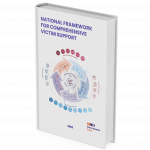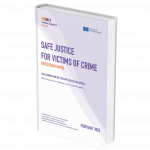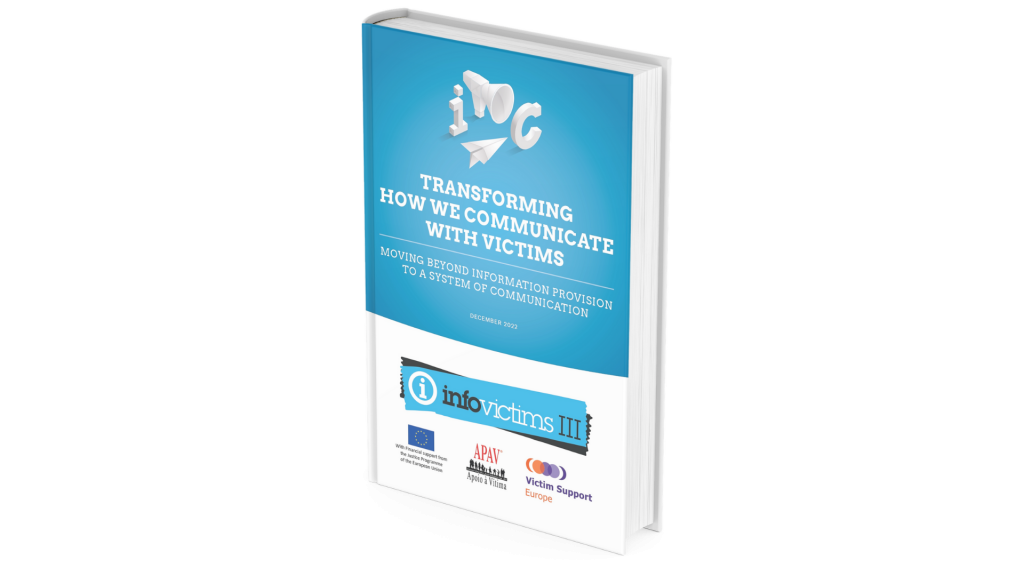VSE’s ‘Model Provisions Paper’ (MPP) sets out a vision for a revised Victims’ Rights Directive, based on extensive research on problems met and needs collected through numerous policy papers and studies produced by VSE, EU institutions and agencies and other expert organisations in the field. The 2012 Victims’ Rights Directive (VRD) created a solid foundation for victims’ rights – for the rights of all victims, without exception – propelled by their needs: for recognition and respectful treatment, for protection, support, access to justice and compensation.
Yet, the vast majority of victims never report a crime to the police and never seek justice, but those who do, may suffer further harm as a result. Many face multiple barriers in exercising their rights, accessing support, and making their voices heard. In simple terms, many of the rights established by the VRD are not put into practice by Member States.
The vision set out in the Model Provisions Paper builds on the understanding that:
- States must adopt a national framework for comprehensive victim support, which organises the delivery of support to all victims in a coherent and systemic manner, ensures all victims’ rights are implemented and needs addressed. Amendments aim to ensure that victim support services, including the 116 006 helpline, exist in all Member States, are accessible and operate in a coordinated manner according to quality standards. Overview, monitoring and review mechanisms should be put in place to guarantee that rights are effectively implemented.
- Safe justice systems are crucial and must be put in place as to ensure that victims can safely report crime, are enabled to participate meaningfully in proceedings and be supported and protected to act on their rights throughout proceedings. Amendments aim to strengthen existing rights such as the right to legal aid and participatory rights, while ensuring victims have access to sufficient support and protection through court-based support services and legal assistance among others.
- Simple and accessible information is communicated to victims in a manner they can understand throughout their journey, to ensure they can exercise their rights and effectively recover from crime. Amendments aim to establish coordinated systems for communication with victims in all Member States, organising the delivery of information to victims in a structured manner and ensuring that information is received and understood by victims, who are able to act on it. Existing rights such as the right to translation and interpretation are strengthened and simplified to facilitate victims’ access to services.
The Model Provisions Paper proposes solutions which will genuinely impact hundreds of millions of EU citizens. These are solutions which recognise and address many seemingly intractable problems faced by Member States when assisting victims.
For more information about our ongoing campaign for the revision of the VRD, click here.
ADDITIONAL RESOURCES:
National Framework for Comprehensive Victim Support
Safe Justice for Victims of Crime
Transforming How We Communicate With Victims



